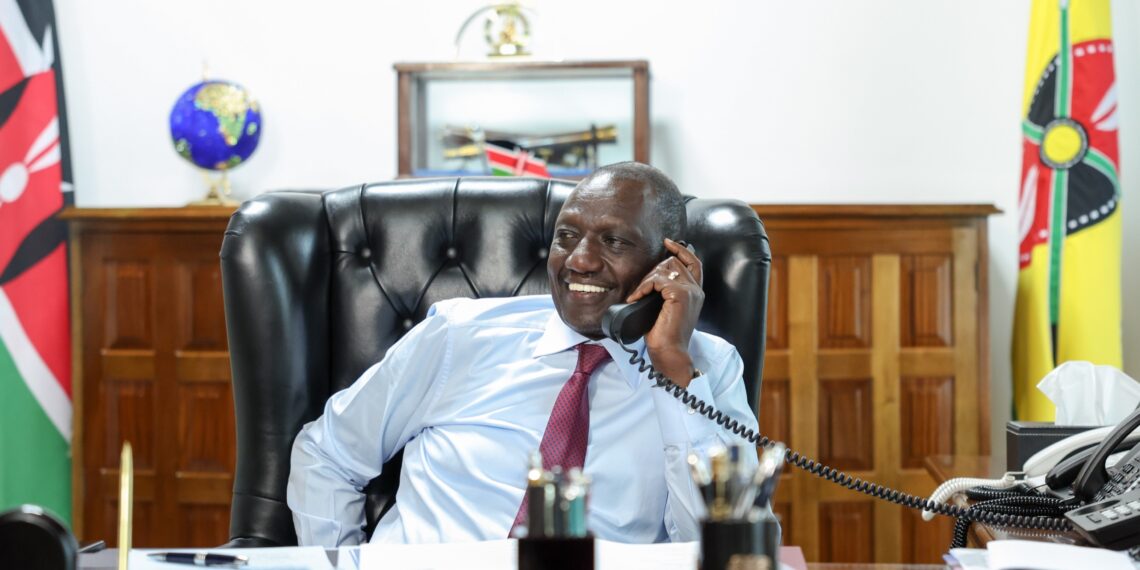
President William Ruto has signed the long-awaited ‘Conflict of Interest Bill’ into law, which aims to improve accountability in Kenya’s public sector.
- President William Ruto of Kenya signed the Conflict of Interest Bill into law, aiming to enhance public sector accountability.
- This law has garnered approval from both the National Assembly and the Senate, unlocking KSh 96 billion in delayed World Bank funds.
- Enforced under Kenya’s Ethics and Anti-Corruption Commission, this measure strengthens institutional trust.
The law, which was just approved by both the National Assembly and the Senate, is projected to free more than KSh 96 billion in World Bank funds that have been delayed since April 2025.
“The enactment of a law on conflict of interest is a bold step in the war against corruption. It sets clear rules that ensure public officers serve with integrity, transparency, and accountability,” the Kenyan president stated.
DON’T MISS THIS: Kenya’s president, Ruto, permits gun violence as a response to civil unrest
“By anchoring enforcement of the law under the Ethics and Anti-Corruption Commission, we are strengthening institutions and restoring trust in public service,” he added.
The new bill creates a legislative framework for managing and preventing conflicts of interest among public officials in the course of their duties, as seen on Tuko.
The Ethics and Anti-Corruption Commission (EACC) will monitor its implementation to ensure that public workers behave in the national interest rather than for personal benefit.
Youth-led protests continue, casting shadows of discontent
While the measure may benefit the government’s finances, it comes amid significant popular unrest, particularly among the youth.

Last year, Kenya was rocked by one of the most severe protests in recent history, prompted mostly by a contentious tax bill proposed by the Ruto administration.
That tax plan, which many regarded as unnecessary, sparked widespread protests led by Gen Z and young Kenyans.
The demonstrations, which lasted for weeks, became disruptive and, at times, violent.
The protests were mostly decentralized and social media-fueled, with cries of “Ruto Must Go” heard in major cities including Nairobi, Mombasa, and Kisumu.
The protests were so pronounced that their sentiments still linger a year later, with young Kenyans commemorating the protests in June 2025, with another protest, which still called for the resignation of William Ruto.
For now, reactions to the Conflict of Interest bill remain subtle, as Kenyans, particularly the youth, have not voiced strong enough opposition to the bill to the point of holding demonstrations.
Additionally, the bill on paper addresses some of the concerns Kenyan youths have as it pertains to governance, as a result, strong opposition is not expected, despite sentiments towards the president.












